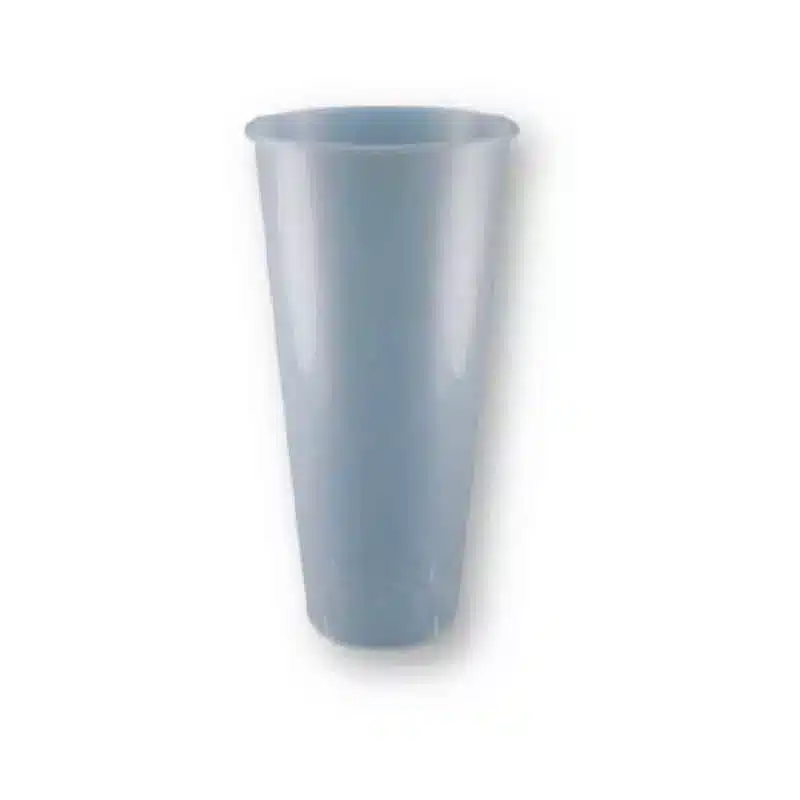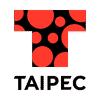PP (Polypropylene) Cups – The Basics

PP (short for polypropylene) cups are ubiquitous all over the world. From sporting events and takeaways to your very own boba shop, they are a mainstay in the food and beverage industry. At Taipec we believe that you should understand every aspect of your business, and to this end in this post we explore pp cups. What they are and why they are so widespread.
PP (Polypropylene) Cups
The basics
Polypropylene (pp) was invented in 1951 and by 1957 had become a global success. And even in 2022 it remains as one of the most commonly used materials in the world. Present in everything from cups and cosmetics to automotive and aerospace parts, polypropylene is a highly diverse material. As a very flexible material that can be melted down and recycled, as well as washed by hand or machine, it is the material of choice for plastic cups.
Advantages
As an established material with which consumers have nearly 7 decades of experience, pp cups are here to stay. They have a number of advantages that make them an attractive proposition as bubble tea cups.
- environmentally friendly raw materials
- easily recyclable
- durable and safe
Because of these highly desirable properties Taipec offers a range of pp cups perfect for bulk purchases for bubble tea shops. Coming in both 500ml and 700ml variations, these see-through cups allow you to show off your boba creations. But if you really want to stand out, try customising your bubble tea cups with your boba shop's branding!
The future
The world is changing and it is no secret that the drive to make businesses more sustainable will be a key challenge in the future. This will apply to every business, including yours. We have previously explored the comparison between PP and PETG and in this post we will also look at paper cups.
Although paper cups may seem like a questionable choice, the drive for recyclability means that paper has to be considered. You may have seen the switch to paper straws (although check out our bamboo straws for a great alternative) but don't expect a similar switch to paper cups any time soon. The requirement for complete waterproofing and water tightness in cups means that paper alternatives require a plastic liner, often making the cups non-recyclable.
What does this mean for me?
You can rest assured that PP cups are here to stay. And as an environmentally conscious boba shop owner you may wish to go further and organise your own cup recycling program. Contact Taipec today to find out how we can help your boba shop grow.
